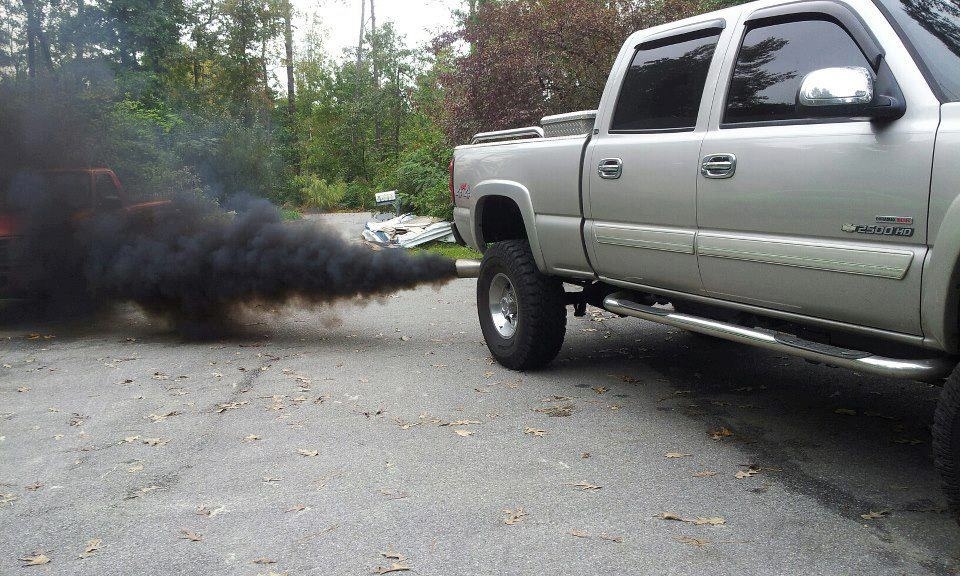VW, Robert Bosch Met in 2014 to Discuss Emissions cheating Software (Update)
The engineer, James Robert Liang, was named in a grand jury indictment filed in U.S. District Court in Detroit in June that was unsealed today.
Liang pleaded guilty to one count of conspiracy to defraud the United States, commit wire fraud and violate the Clean Air Act. The Justice Department said in a statement that Liang has agreed to cooperate with the government in its ongoing VW investigation as part of his plea agreement. This could increase pressure on higher-ranking officials of the German automaker.
In a statement and court documents released today, the Justice Department provided the most detailed narrative to date about the origins of VW's diesel emissions violations, including excerpts of revealing emails sent among VW engineers amid scrutiny from regulators before the diesel cheating became public last fall.
Liang "is coming here to Detroit today to accept responsibility for his actions," his lawyer, Daniel Nixon, told Bloomberg. "He is remorseful."
VW declined to comment on Liang's indictment and said the company continues to cooperate with the Justice Department.
"I know VW did not disclose the defeat device to U.S. regulators in order to sell the cars in the U.S.," Liang told the judge in court. "That's what makes me guilty."
The information Liang is providing to prosecutors could speed the investigation of the company. Settlement talks in the criminal matter could be resolved by the end of the year, two people familiar with the probe, told Bloomberg. Germany and South Korea are conducting separate criminal probes of the company.
From the fall of 2006 through September 2015, "Liang and his co-conspirators, including current and former employees, and others, agreed to defraud the U.S. and VW customers, and violate the Clean Air Act, by misleading the U.S. and VW customers about whether VW diesel motors complied with U.S. emissions standards," prosecutors said in the indictment.
 |
| Dirty diesel engines pump thousands of tons of carbon and other pollutants into our atmosphere every day |
09/09/16 Nearly 18 months before Volkswagen admitted to cheating on auto emissions tests, its chief executive at the time met with the head of supplier Robert Bosch GmbH to discuss the cars’ illegal “defeat device" software, according to an amended class-action lawsuit writes William Boston of The Wall Street Journal.
Allegations about the meeting between VW’s then-chief, Martin Winterkorn, and Volkmar Denner, Bosch’s CEO, had been redacted from earlier court documents before the latest filing Friday.
The two men met at Volkswagen’s headquarters in Wolfsburg, Germany, on May 28, 2014, shortly after a U.S. environmental group published a report showing inexplicably high emissions of nitrogen oxides from two Volkswagen vehicles, the filing says. Five days earlier, Mr. Winterkorn had received a memo from an aide warning of an impending U.S. investigation, the filing says. On the meeting agenda, according to the filing, was Volkswagen’s “acoustic function," its internal code to describe the defeat device.
"Thus, Denner and Winterkorn were aware of the illegal use of the defeat devices at least by May 2014," the plaintiffs claim in the filing in San Francisco federal court. It was prepared by the law firm of Lieff Cabraser Heimann & Bernstein.
Spokesmen at Volkswagen and Bosch declined to comment. Mr. Winterkorn, through his lawyer, did not immediately respond to a request for comment.
In August 2015, Volkswagen admitted to having installed software to cheat on emissions tests on nearly 500,000 diesel vehicles in the U.S. Volkswagen ultimately admitting to rigging nearly 11 million vehicles world-wide and faces litigation around the globe.
Mr. Winterkorn resigned a year ago, insisting he was unaware of any wrongdoing on his part.
While Volkswagen in July agreed to a $15 billion settlement of consumer class-action lawsuits in U.S. federal court, plaintiffs’ attorneys in that litigation are now targeting Bosch, an engineering and electronics company that focuses on automotive components. Parts of the original complaint were blacked out until the amended version was filed last week, for the first time revealing the claim of the May 2014 meeting between Messrs. Winterkorn and Denner.
According to the amended lawsuit, cooperation between Volkswagen and Bosch on developing, maintaining and hiding the defeat device goes back more than a decade. In 2008, Bosch wrote Volkswagen and demanded that Volkswagen indemnify Bosch for anticipated liability arising from the use of the Bosch-created device, the filing states, saying Bosch used the term “defeat device" and Volkswagen denied the request.
An email from a Bosch employee on June 23, 2008, shows that Bosch was concerned about getting caught but suggested it could help Volkswagen rig engines to recognize when they were being tested by enhancing the “acoustic function." The email, reviewed by The Wall Street Journal, is not part of the court filing.
A Bosch employee in Vienna, after allegedly consulting with the company’s lawyers, sent the email to an engineer at the German offices of Northville, Mich.-based IAV Automotive Engineering, Inc., which is 50% owned by Volkswagen.
“As this has to do with an expansion of the acoustic function (cycle recognition), we are not allowed for legal reasons to propose a ‘clean’ implementation. On this issue we will only implement your specifications 1:1," wrote the Bosch employee, who worked in the company’s division for engine control unit development and diesel-engine injection systems.
The ability to switch into clean mode during lab tests was the key function that allowed three generations of Volkswagen, Porsche and Audi diesel engines to fool emissions testers for a decade. More from William Boston/The Wall Street Journal
